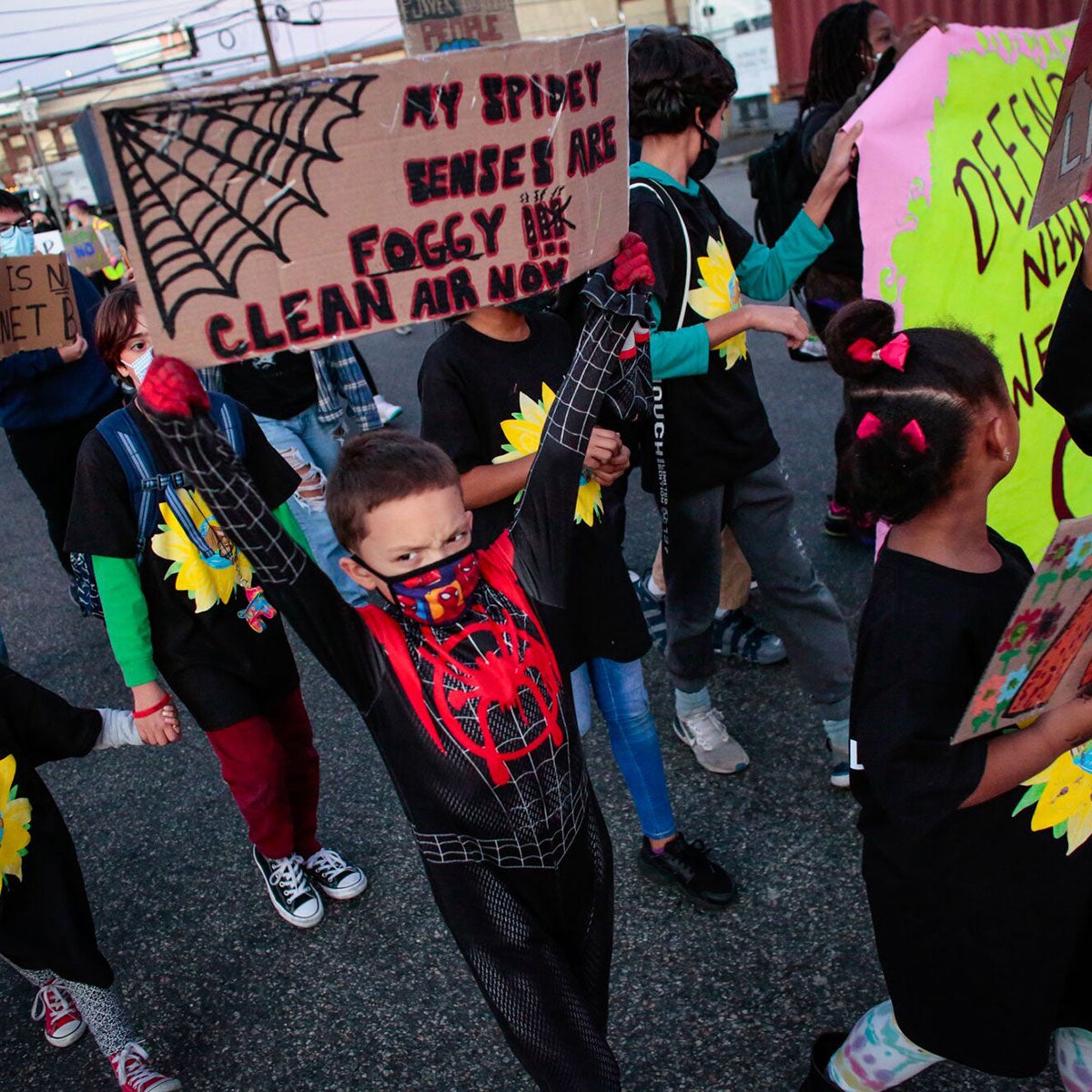Earthjustice recognizes that environmental fights are inextricably linked to all forms of justice.
Polluters prey on communities burdened by racism, colonialism, xenophobia, classism, and other kinds of discrimination in part because they know these places are less likely to have the economic and political resources to fight back.
We support our partners in their pursuit of intersectional justice by:
- Using laws like the National Environmental Policy Act to ensure our allies’ voices are heard in court.
- Using laws such as Title VI of the Civil Rights Act to challenge siting decisions that impose a disproportionate pollution burden on communities of color.
- Pushing for community benefits agreements that hold polluters accountable for providing good jobs, clean energy infrastructure, and other mitigation measures in the places they have already harmed.
- Assisting tribes and Indigenous communities uphold their rights to steward their ancestral lands and waters.
- Ensuring that all communities have access to information they need to advocate for their own environmental health.
- Advancing a climate strategy that leaves no one behind in the transitions we must make and seeks to ensure that those most harmed receive a proportionate share of environmental benefits.
There is no environmental justice without racial and economic justice.
Solutions to environmental problems must center the communities that are most gravely damaged by them.
Economically disadvantaged communities, Tribal communities, and communities of color are exposed to the highest levels of toxic pollution. They face the greatest hazards from climate change, and they have the fewest resources to recover from its harms.
Highlighting and addressing systemic racism and classism expands the community of interest groups that recognize environmental goals as intersectional to their primary goals.
Our key strategies:
- We bring communities to the table to advocate for more protective environmental justice laws at the state, local, and federal level.
- We challenge siting and permitting decisions that would further increase pollution in communities that already face heavy environmental burdens.
- We join coalitions in related areas of justice to make our legal tools available to a wider movement.
Learn more about this work through our Community Partnerships Program, International Program, Toxic Exposure & Health Program, Tribal Partnerships Program, Washington, D.C., Office, and Policy and Legislation Team, our regionally-based work in the California Office, Rocky Mountain Office, and more.
Our Goals
In our connected world, each of our goals are deeply intertwined.
